Vacation Home Exchange Holiday House Swap
Homestay
Homestay.com is an accommodation marketplace that connects guests with local hosts in more than 150 countries. With a database of 50,000 homestays, there are plenty of stays to choose from, and the site tries to match guests and hosts with similar interests so as to provide an authentic travel experience.
homestay.com
Couchsurfing

Backpackers' failsafe Couchsurfing has, in a few short years since its launch in 2004, transformed into a global community made up of 12 million members in more than 200,000 cities. The site allows you to stay in someone's home for free – sometimes on a couch, sometimes in a spare room, depending on the property – and experience their city or country through their eyes by maybe learning bit of their language, meeting their friends or visiting their local bar.
couchsurfing.com
Love Home Swap

As the world's biggest home exchange website, Love Home Swap has been facilitating home swaps since 2011 and showcases 75,000 properties in over 160 countries. It's simple to use, with users choosing their destination country and a home they want to stay in, then making the swap either directly or through the site's Swap Points system. Love Home Swap offers a 14-day free trial – after which, annual membership starts from £144 for an unlimited number of swaps throughout the year. But it's worth it – members save an average of £2,750 per trip.
lovehomeswap.com
Home Exchange
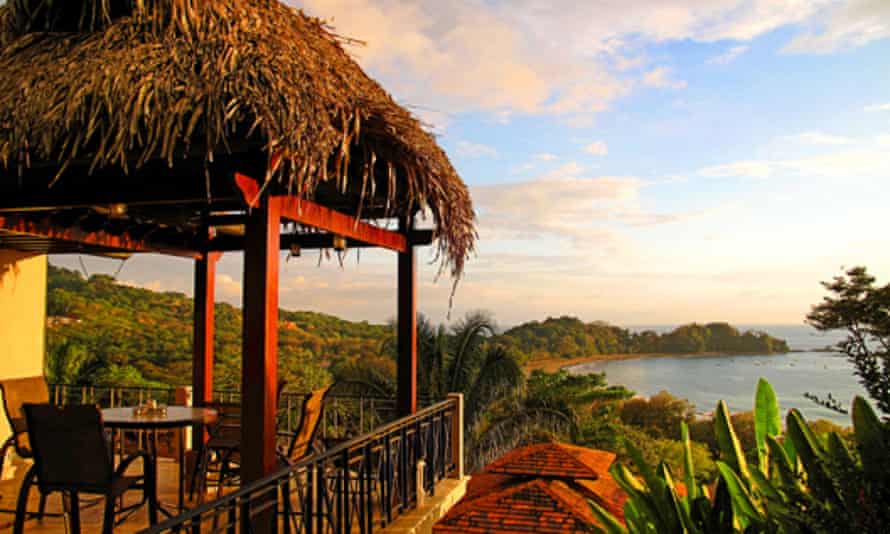
Home exchange, which began in 1992 as a printed book, has more than 65,000 properties listed and has achieved an impressive million-plus exchanges worldwide. The site allows like-minded travellers to list their houses and contact one another through a messaging system to arrange to stay wherever they are going in the world for free, allowing them to experience life like a local.
homeexchange.com
Bedycasa
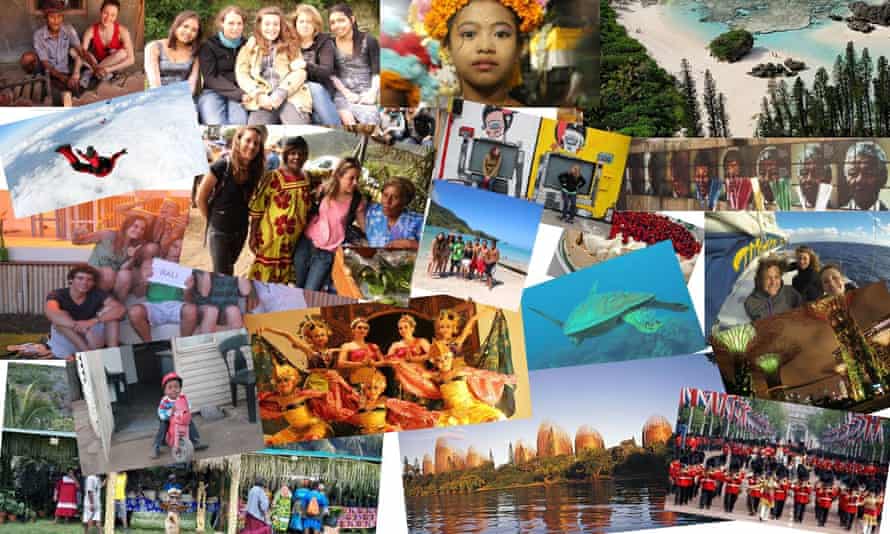
Founded initially as a personal blog by Frenchwoman Magali Boisseau Becerril, who hoped to offer users a more authentic, economical way of travelling, Bedycasa now has over 260,000 members. It offers anything from rooms for rent with locals and host families to guest rooms and gîtes (in France), casas rurales (in Spain and Portugal), homestays, farms and hostels, riads (in Morocco), and minshuku and ryokan (in Japan).
bedycasa.com
Airbnb
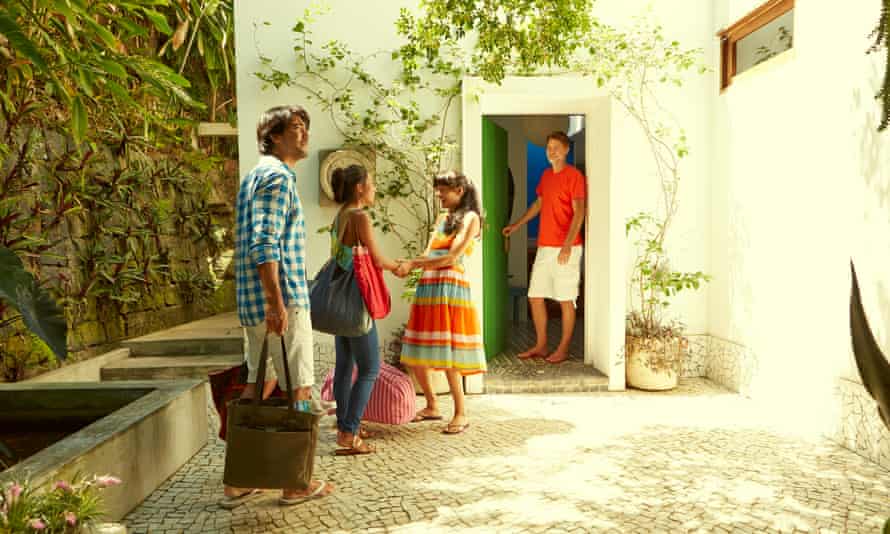
It would not be an exaggeration to say Airbnb has transformed the way millions of people take their trips (since it launched, more than 60 million people have stayed in an Airbnb property). Founded in 2008, the community marketplace allows people to list, discover and book accommodation around the world – online or from a mobile phone.
airbnb.co.uk
Culture Go Go
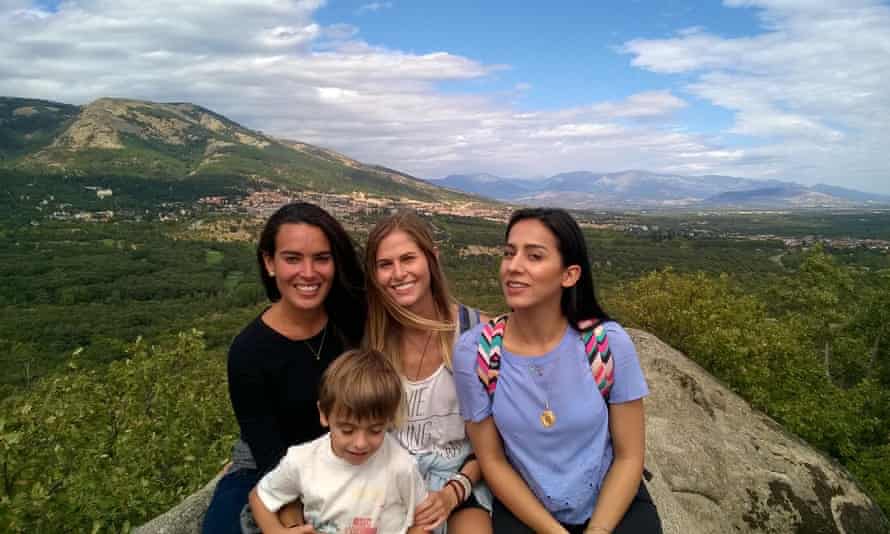
Culture Go Go connects people who want to travel with local hosts who want to practise English. The guest gets free room and board and a cultural experience with a local host in exchange for a little language help through doing everyday activities together. Set up by travellers and English teachers Francesca Luke and Tim Arnaudy from the UK, Culture Go Go is growing rapidly in Spain, Latin America and now Italy, and is set to expand into the rest of Europe and Asia in 2016. There is a small membership fee of £2.99-£12.99 a month, depending on how long you want to use the platform for. It comes with the added feature of connecting with other travellers who are headed in the same direction as you.
culturegogo.com
Wwoof
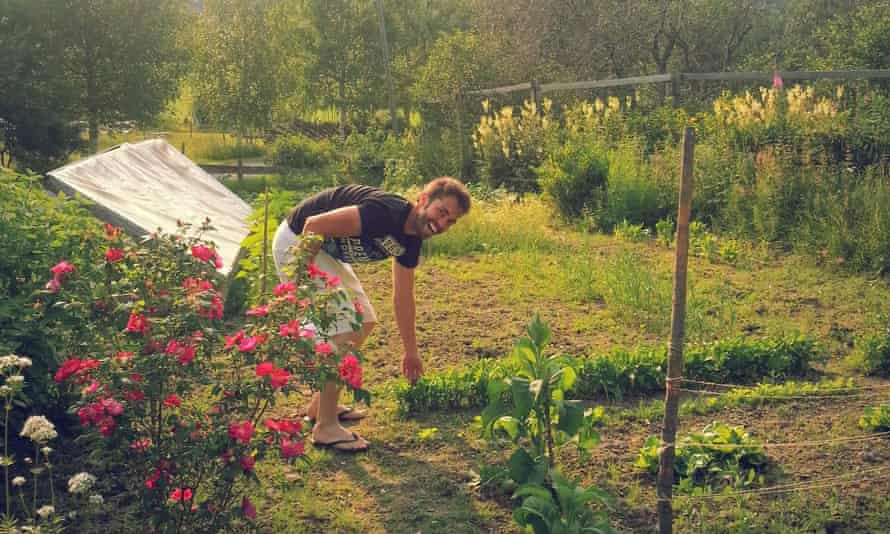
Wwoof stands for World Wide Opportunities on Organic Farms. The charity was established in the UK in the 1970s for people who want to learn about organic farming and ecological ways of living. On the site, users can search for places where they can assist hosts in their daily tasks in exchange for food, accommodation and knowledge. Stays include crofts, smallholdings, farms, vineyards, breweries, allotments, communities, woodlands, back gardens and education centres. Once you've paid your annual membership fee (£20), no further money changes hands. There are now more than 50 Wwoof groups worldwide, and members can choose hosts that work in areas including cheese-making, lambing, renewable energy, beekeeping, hedge-laying, green building and organic veggie growing.
wwoofinternational.org
Homestayin

Homestayin.com was established in 2012 in Seoul, South Korea. The simple, user-friendly website encompasses a large number of homestay rooms across more than 1,200 cities in 85 countries around the world. The majority of the hosts come from cities in England, the US, Canada, Australia and other Anglophone countries, and guests are mainly from Asia, usually South Korea, Japan and China.
homestayin.com
Casa Particular, Cuba

Cuba is the original homestay country, with hosts opening their homes to tourists as a way of generating extra income years before the incarnation of sites such as Airbnb (partly due to a shortage of hotels, the Cuban government has allowed citizens to rent their homes privately since 1997). Staying with a family remains one of the best (and cheapest) ways to see Cuba and sample its food and customs, while getting to know its people.
casaparticularcuba.org
Source: https://www.theguardian.com/travel/2015/dec/07/10-best-home-swap-home-sharing-websites